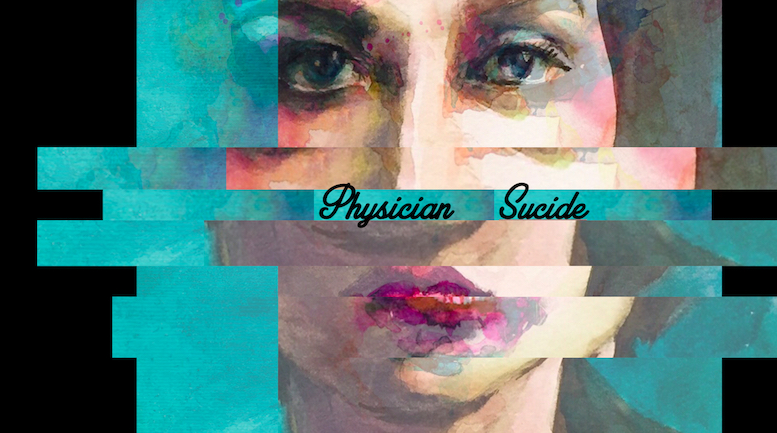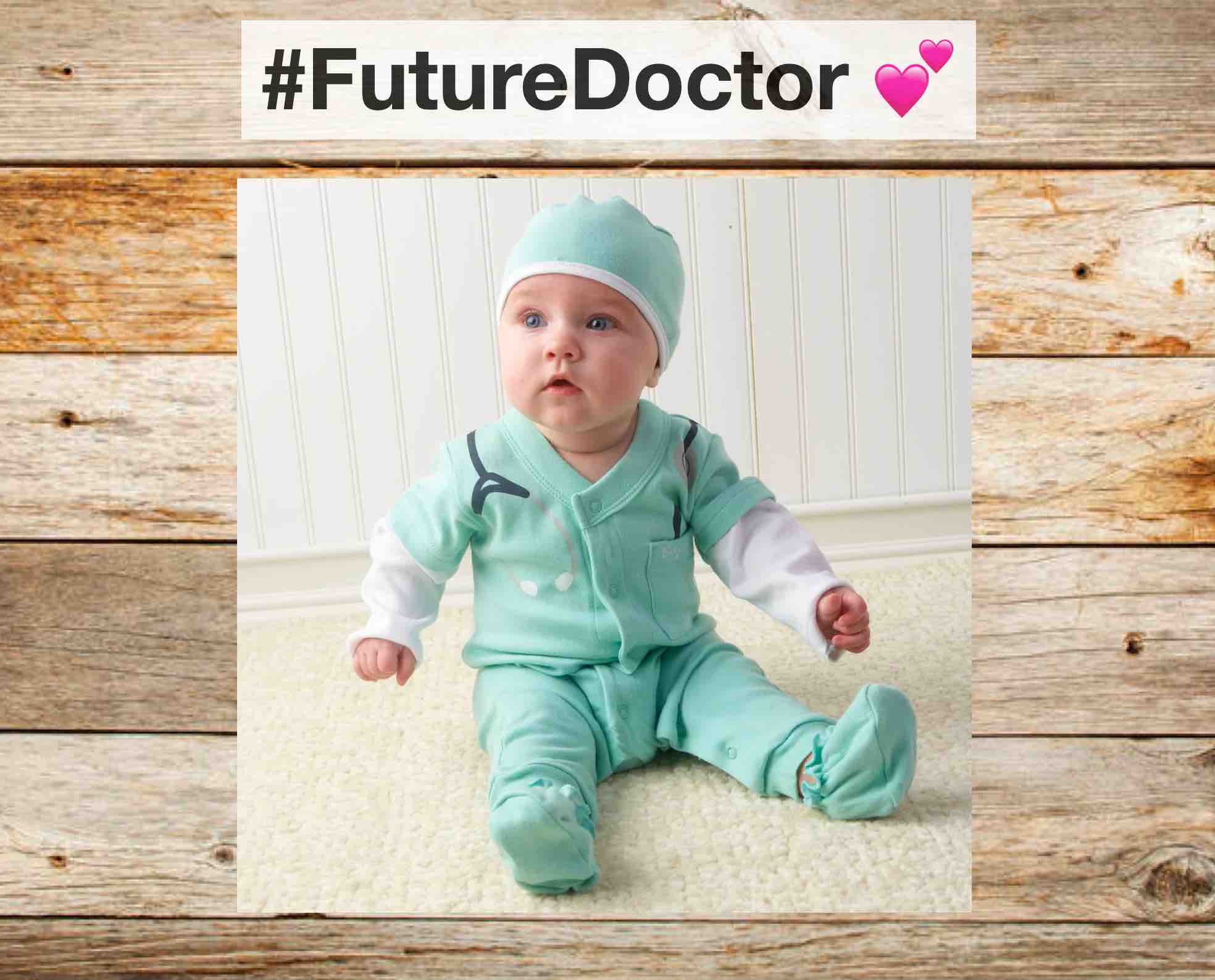
Few things shock me.
I run a suicide helpline—for doctors.
I’ve talked physicians off the ledge, out of their noose, away from their guns.
I thought I’d heard it all.
Yet today took my breath away. Two doctors (unknowingly) stopped each other’s suicides.
Nobody was prepared for what we heard in our physician peer support group.
Our group began amid the pandemic when docs contacted me from as far away as Poland, India, and New Zealand. As one person, I could no longer manage the volume, so I led group calls for suicidal doctors. Those eventually morphed into our Sunday physician trauma recovery group.
As far as I know, I maintain the only international doctor suicide registry. I’d like to stop adding names to my list. Our trauma group offers a safe space for doctors from around the world to heal together. Several claim our group has prevented their suicides.
For those who don’t realize the tremendous power of peer support, here’s an excerpt of what you missed today. Published with permission.
* * *
Lynette: I’ve been in this trauma group a year though I’ve not been coming lately. I’ll explain why: After my family doc I truly love retired last year, I planned to continue with the “new doc” who’d be taking over her practice. Then I got a call that the new doc was dropping me before meeting me, but refilled my meds for three months to give me time to find another doc. I’d been stable and high functioning for 20 years on meds for major depressive disorder and ADHD. I was unsuccessful finding another doc, so last month I began to self-titrate, knowing an abrupt discontinuation was gonna be “not good.”
Not good, turned out worse than I imagined. I sank deeper into a dysfunctional depressive hopelessness with ADHD-exacerbated helplessness. Trajectories filled my brain all moving different speeds and paths, pinging, orbiting, colliding, overwhelming and eventually I walked into my backyard, found a good spot in the bushes that would be easy to hose down and got on the ground with my “38 special” loaded and held against my head.
Seconds from ending it all, pings were racing in my head, then one grabbed ahold of me and filled my brain—“Angela!”
When the thought of Angela overtook me, I couldn’t pull the trigger.
Angela’s my savior. She’s here today and she’s greater than the greatest great. I’d been avoiding her and everybody else’s calls for months, but one night a few weeks ago I answered. After we spoke she took it upon herself to find me a doctor. She called so many, screening them until her standards were met. She scheduled my appointment on March 27. I didn’t kill myself on March 24 in my backyard ‘cause I needed to make my appointment—for Angela!
Pamela: Wow, Angela. Amazing. Lynette, we’re so glad you are still here. Do you have a question for us? How can we all help you now?
Lynette: My question is what’s the closest you all came to suicide? And what turned you around?
Erika: Close! Two years ago, I found myself standing over a drawer of kitchen knives, thinking none of them would do the job properly. The fact that my own mother would find my body didn’t even matter to me. I was in a dark place in quarantine. Drank day and night to numb my pain. Reaching out to a helpline turned out to be a disaster. I felt foolish. Time and sick leave helped. I wish I knew about this group then!
Hannah: Lynette, this past Friday I cleaned out all my things and made a to-do list for my husband. Made sure my finances were taken care of. When I googled easiest and most foolproof method, I found Pamela and she convinced me to at least try this group first. I was close, but I don’t own a gun. Do you have someone who can hang on to your gun?
Jeff: Thanks for being vulnerable and trusting us with your story. Closest I came was after a tough shift when I felt the weight of my mistakes and considered what it would look like to just keep driving into a railing. What stopped me was prayer—I’m Christian. I was filled with an unexpected feeling of comfort that allowed me to make it safely home. I ended up taking the next day off work and it was restorative.
Priya: The time I got closest was after the second suicide in my residency in a year. I figured I’d be the third. After a 24-hour call, I went up to the hospital roof and just stared at the ground through my tears. What stopped me was the decision to leave training.
Lynette: Thanks so much y’all. I thought I’d cry today, but not sob like I am now. Priya, I totally understand ‘cause the thing about suicide for me is it offers comfort, a sense of relief, knowing if things get too painful or I just don’t wanna deal with it anymore I can make it be over in seconds.
John: That’s exactly what suicide is for me—having an “escape hatch” is a comfort. Only people like us can possibly understand. That was God—Spirit, Master of Light, Adonai—working through you Lynette. God isn’t up there inaccessible. He’s here on earth working through people like us.
Kendra: I see you Lynette. I hear you. You’re so brave. Like you, I feel suicide provides an option for comfort. I too find myself isolating and avoiding calls and texts. When I come as close as you, thinking of my family helps. Two months ago, I was so close. I tried to reach my mom by phone and was unsuccessful. I tried to reach out to church and got a voicemail. I felt abandoned by family, friends, God, and I didn’t think I’d make it through the night. Sarah—who I met in this group a year ago—stayed on the phone with me from 2:00 am until daybreak. I knew if I saw morning I’d survive the next day’s challenges. I’m so glad I’m still here.
Brittany: I can’t find the words to explain how close I’ve been, but I’ll write and share next week. I’m overwhelmed—this is like a spiritual experience hearing from you all, knowing I’m not alone and you beautiful people exist. I thought Zoom was for corporate meetings. I’ve never felt anything like this.
Pamela: Brittany, we’d love to hear your story next week. Angela, would you like to share now? What’s it feel like for you knowing you saved Lynette’s life?
Angela: A year ago last month, just after Ash Wednesday, I proclaimed my suicide plan. Plotted, planned, calculated. I had mom’s leftover hospice meds plus enough beta blockers and narcotics thanks to patients who tossed old pill bottles at me. As an overachiever, I needed to set everything up, get legal counsel, make a trust for kids, ensure everyone gets an education, leave no debts.
And that Friday night, getting dumped by a guy I didn’t find physically attractive, I said the heck with it. I’d cleanly finish the job. Seemed logical and do-able to me like most things I attempt. Why bother living? Trapped hostage in a marriage. Trapped for now by minor kids. My mom and aunt had just died. I put so much effort into everything with such little return. I’m not stupid: my patients will be taken care of by someone else. VOILA! Make sense?
Then, 36 hours later, out of the blue, Lynette’s sleepy voice was on my noon voicemail groggily croaking out something about a 500-word essay she had two hours to finish for a trauma meeting. I had to listen to it three times ’cause I found it ironic she’d be calling me after my rough week with no preconceived notion of my recent romancing. I’d just been dumped for a trauma surgeon. Let that digest for a bit while I’m hearing of a physician trauma group suggested for me. Was this to review trauma cases? Was this only for physicians who were physically assaulted? What’s a physician trauma group? Why was Lynette calling to tell me about it right then? My mind spun.
Lynette read her essay she’d written for Dr. Pamela’s group and by next Sunday I was hooked. Lynette coached me through the ridiculousness of my statements, her own suicidal thoughts, purging of toxic folks around us—I got rid of two, coming up on three soon. She listed my many accolades in her irreverent way and nick-named the doc who dumped me in words that still make me grin.
Lynette got me off the ledge without discounting what I was feeling or saying.
As did the rest of you.
I’m now happily divorced, thriving in my social life, enjoying my kids, exercising when I want to not because I’m “running away from something,” drawing a boundary with my narcissistic dad, feeling happy for the first time in a long time—and hopefully helping spare other docs from making similar mistakes!
I love you Lynette!
I pray for everyone here and send good vibes. No matter who you deify or not—who can say a higher power wasn’t at play when Lynette saved me that Sunday morning cluing me into the power of our trauma group?
Kendra: To all the new people, try the buddy system. Find someone here you can call 24/7. CALL THEM when you need to. The physician from our group who helped me through the night was not just a buddy. She’s my lifesaver and is now a lifelong friend.
[After our session I called Lynette and Angela. I wasn’t the only one in shock. They were both shocked to learn they’d prevented the other doctor’s death. Neither had revealed their near-suicides until today.]
* * *
Note: First names have been changed since all doctors may face career suicide for admitting their pain.
Join a peer support group here.

















